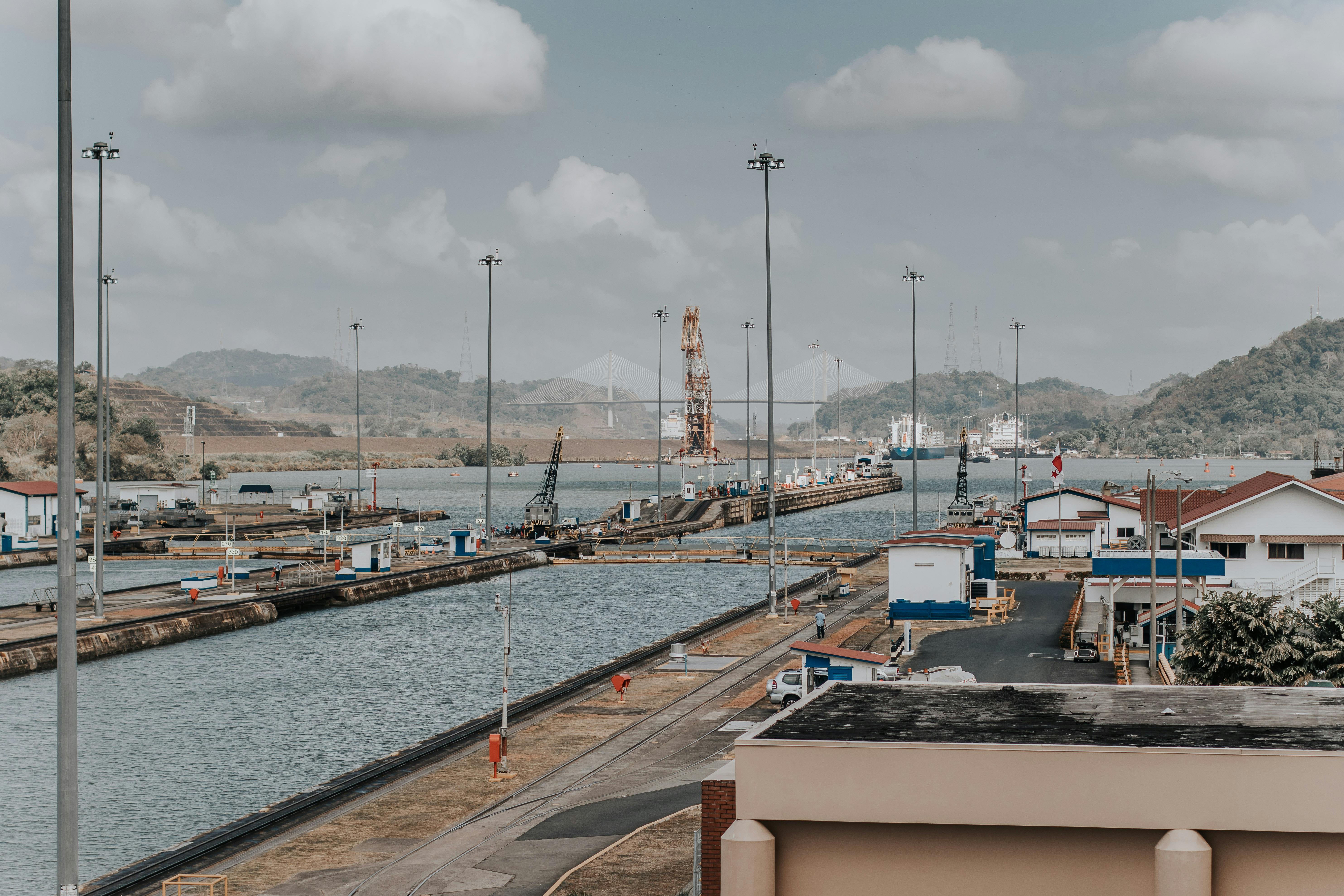Panama Strikes Back: The Ongoing Clash Over Canal Sovereignty

The Panama Canal, a critical artery for global trade, has once again found itself at the center of a geopolitical storm. President-elect Donald Trump recently suggested that the United States should demand the return of the canal if its operations do not meet his expectations. This bold statement has drawn sharp criticism and resistance from Panama, raising questions about the canal’s sovereignty and the future of US-Panama relations.
Historical Background
The Panama Canal’s history is deeply intertwined with US foreign policy and engineering ambition. Built by the United States in the early 20th century after the failed French attempt, the canal became a vital passageway connecting the Atlantic and Pacific Oceans. The 1903 treaty granted the US control over the canal zone, sparking decades of tension with Panama over sovereignty.
In 1977, the Torrijos-Carter Treaties marked a turning point, establishing a gradual transition of control from the US to Panama. By December 31, 1999, Panama assumed full control of the canal, symbolizing a hard-won victory for national pride and independence.
Trump’s Statement and Its Implications
President-elect Trump’s remarks about potentially reclaiming the canal have ignited controversy. Trump expressed concerns about how the canal is being operated, suggesting that its strategic importance warrants US intervention. Such comments signal a potential shift in US foreign policy and raise alarms about undermining decades of diplomatic agreements.
If pursued, Trump’s suggestion could strain relations with Panama and destabilize a critical link in global trade. The canal handles approximately 6% of world commerce, making its operations vital not only to Panama but to the international community.
Panama’s Response
Panama has swiftly rejected Trump’s comments, emphasizing its sovereignty over the canal. Government officials have underscored the canal’s efficient and effective management since Panama assumed control, citing its successful expansion in 2016 as evidence of their stewardship.
Public sentiment in Panama reflects a deep sense of national pride and resistance to any suggestion of foreign intervention. For Panamanians, the canal is more than an economic asset—it is a symbol of their independence and self-determination.
The Geopolitical Dimension
Trump’s comments come at a time when Panama’s relationships with other global powers, particularly China, are evolving. China has significant investments in Panama and a growing stake in the canal’s operations, adding another layer of complexity to US-Panama dynamics.
This situation also highlights broader Latin American concerns about US foreign policy. Any attempt to revisit the canal’s sovereignty could be seen as a regression to an era of US dominance in the region, potentially alienating allies.
Economic and Strategic Factors
The Panama Canal’s economic significance cannot be overstated. Generating billions in revenue for Panama, it supports global supply chains and ensures the efficient movement of goods. Disruptions to its operations—whether due to political tensions or changes in management—would have far-reaching consequences for international shipping and trade.
Panama’s economic reliance on the canal makes sovereignty over its operations a non-negotiable issue. For the US, the canal remains a strategic asset, but Trump’s comments risk jeopardizing a stable and mutually beneficial relationship.
Historical Parallels and Lessons
The debate over the Panama Canal’s control is not new. Historical struggles for sovereignty highlight the importance of respecting international agreements and the risks of unilateral demands. The Torrijos-Carter Treaties demonstrated that diplomacy and compromise can achieve long-term stability and mutual respect.
Trump’s remarks evoke echoes of past controversies, but they also serve as a reminder of the need to balance national interests with global cooperation. Revisiting these lessons is crucial to avoiding unnecessary conflict.
Conclusion
The Panama Canal stands as a testament to engineering achievement and a symbol of Panamanian sovereignty. Trump’s suggestion of reclaiming the canal threatens to reignite old tensions and disrupt a delicate balance in US-Panama relations.
Moving forward, respecting Panama’s control over the canal while fostering constructive dialogue will be essential. The canal’s role in global trade and its significance to both nations underscore the importance of diplomacy and collaboration in navigating these turbulent waters.
Author: Ricardo Goulart
The Self-Destructive Nature Of Anti-Tourism Protests: Balancing Resident Concerns With Tourism Benefits
In recent years, anti-tourism protests have become increasingly common across popular tourist destinations. From the Bal... Read more
Military And Strategic Implications Of The Ukrainian Drone Attack In Kursk
On a recent morning, the Kursk region in south-western Russia witnessed an unexpected and significant event: a Ukrainian... Read more
Chinese Tech Stocks Gain Ground Despite Wall Street Technology Sell-Off
Chinese tech shares in Hong Kong gained on Friday, defying a technology stock sell-off on Wall Street, driven by strong ... Read more
Defense Pact Between Britain And Germany: A Focus On Cybersecurity And Joint Operations
In a move set to redefine European defense collaboration, Britain and Germany have signed a comprehensive defense pact a... Read more
US Secret Service Director Steps Down After Trump Assassination Attempt
Security lapses admitted by Kimberly Cheatle prompt resignation.Kimberly Cheatle, the head of the US Secret Service, has... Read more
Kamala Harris Promises A Brighter Future In Official Campaign Launch
In a vibrant and impassioned campaign launch, Vice President Kamala Harris vowed to lead America toward a "brighter futu... Read more

